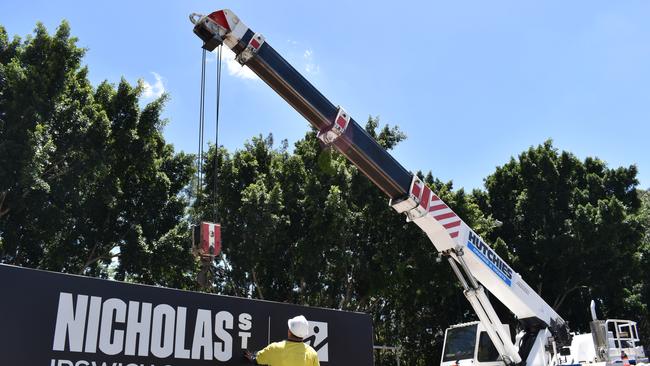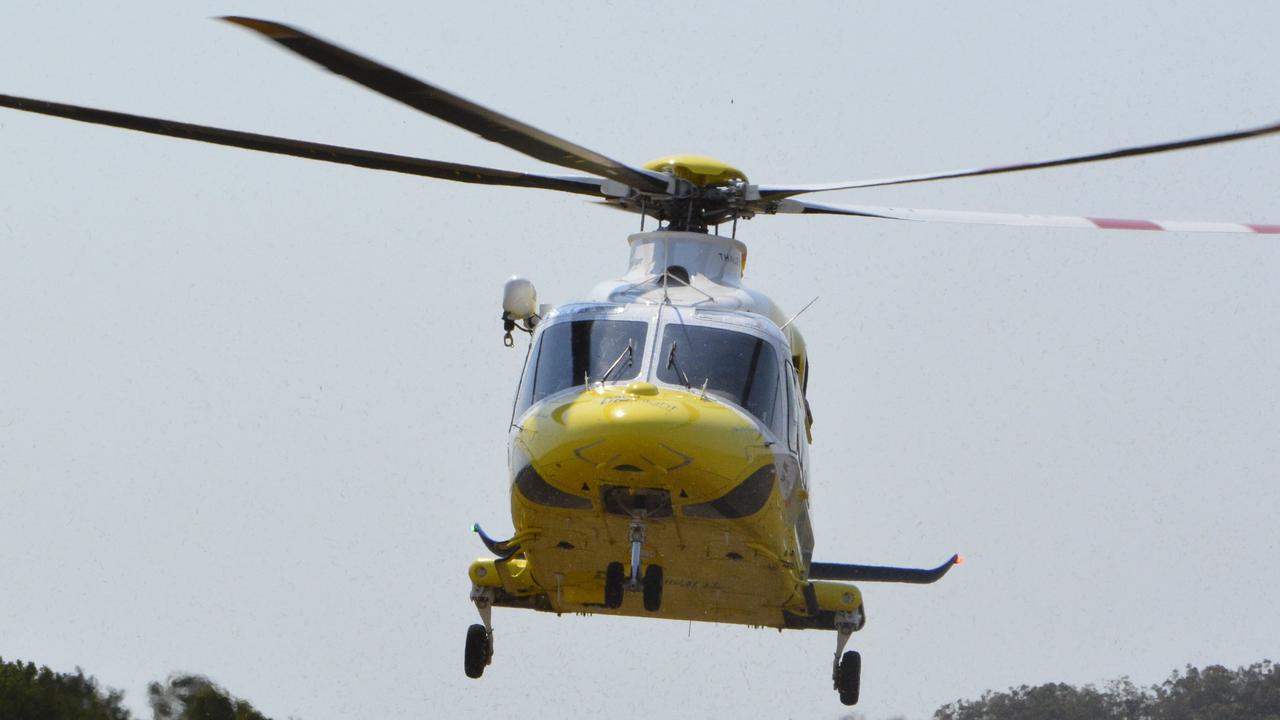Labour shortage could cripple Olympic plans
There are fears there are just not enough workers to build major renewable energy projects and Olympic Games infrastructure.

QLD News
Don't miss out on the headlines from QLD News. Followed categories will be added to My News.
Labor shortages could threaten Queensland’s upcoming Olympic and Paralympic infrastructure plans, with industry experts warning the clash of renewable energy projects with the Games would place the sector under enormous pressure.
Tens of billions of dollars of projects have been flagged by the Palaszczuk government to be completed over the next decade, but years of dwindling apprentice numbers and a lack of migration to fill the void mean construction giants face an ongoing lack of workers.
Construction Skills Queensland general manager Sean Cummiskey said with the grand scale of infrastructure plans committed across the state, the next ten years of heightened activity would test the depth of the sector’s workforce.
“Skills shortages are a real threat to Queensland being able to realise the full potential presented by major works such as renewables projects and the Olympics,” he said.
“The reality is we are coming out of what’s been a fairly significant residential boom and transitioning to a huge infrastructure body of work, including renewable energy projects throughout regional Queensland to hit the government target of 70 per cent renewable energy by 2032.
“Of course, 2032 coincides with the Olympics. In addition to that transition to renewables, there is record investment in roads and bridges, and then in the middle part of the decade we will need to build stadiums, Games infrastructure and all the private investment associated with the Games.”

Major construction company Hutchinsons Builders director Jack Hutchinson Jnr said it was likely Queensland would be forced to look to alternative solutions in order to deliver the infrastructure plans, which would include the major $2.7bn knockdown and rebuild of the Gabba.
“I think everyone at the coal face of the industry agrees that the skills shortage is a real issue that isn’t going away any time soon, given the amount of work to get done,” he said.
“The more school-leavers we can encourage to consider a trade, the better, but my guess is that interstate labour will also be needed to supplement the capacity of the subcontractors in the short to medium term.”
As well as the Gabba, a $2.5bn Brisbane Arena and $1.87bn for new and improved stadium projects across the southeast had also been committed by the state and federal governments for the Games.

Tens of billions more have been flagged for upgraded road and rail projects, plus $5bn on a new 1100km Cooperstring 2.0 project.
Mr Cummiskey said the industry “finds a way”, but it was crucial young people and other demographics – such as women – were being encouraged to consider joining the construction industry to cope with the demand.
“Migration is not going to be the quick fix some people were hoping for,” he said.
“While we have record apprentices now, we are paying for the lack of apprentices who came on board in the last ten years.
“We need to make sure (the strong apprenticeship numbers) continue now and into the future.”
Premier Annastacia Palaszczuk’s office referred to comments made by the Premier at last week’s Olympic and Paralympic Legacy forum, where she said she was confident there would be enough workers to deliver key projects.
Ms Palaszczuk said the timing of the completion of the Cross River Rail project would free up those workers to begin on other projects, such as the Gabba.
Training and Skills Development Minister Di Farmer said “workforce shortages is one of the most critical issues facing our economy and our community”.
“In every region, and across every sector,” she said.
Ms Farmer said it was why the government had delivered a “Good People Good Jobs – the QLD Workforce Strategy”, and was investing more than $1.2 billion in skills and training.
The Opposition pointed the finger at the government over the skilled working shortage, with training spokesman Brent Mickelberg saying “Queensland is in the middle of a skilled worker shortage of the Palaszczuk Labor government’s own making”.
“The Palaszczuk Labor Government spent $2 million to recruit just two people under the failed “Tradies in Paradise” program,” he said.
“The LNP has been warning for years the Palaszczuk Labor Government’s failures will result in a critical skills shortage.
“Queenslanders deserve a government that is training workers in the skills needed for the future of our industries and economy.”




